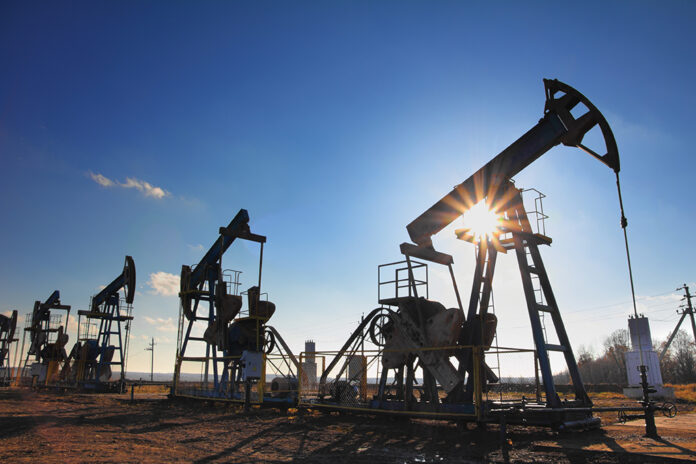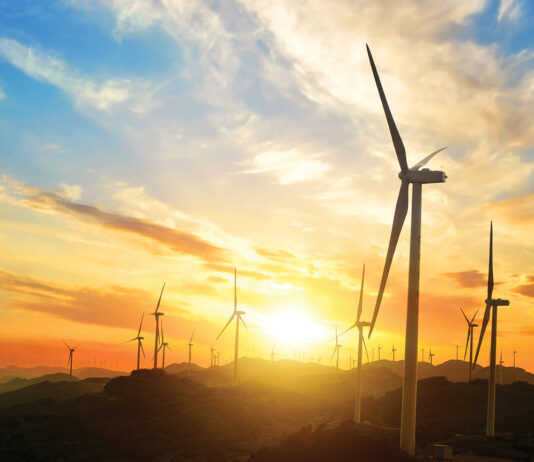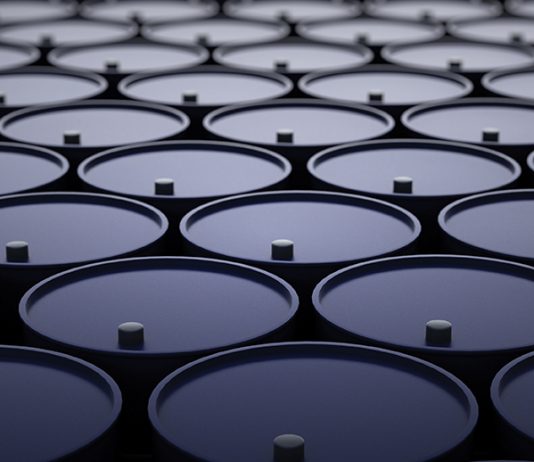
On Tuesday, a day when BP announced its estimate that global demand for crude oil has again reached 100 million barrels of oil per day, and a day when OPEC+ announced 6 of its 13 member countries have been under-producing their supply quotas in recent months, management at Diamondback Energy announced plans to hold the company’s crude production at Q4 2021 levels through the end of 2022
Wait, what?
Yes, you read that correctly: Diamondback Energy, one of the 3 or 4 biggest crude producers in the Permian Basin at roughly 220,000 barrels per day, voluntarily says is it going to make no effort to raise production to take advantage of skyrocketing demand and crude prices that currently stand at 8-year highs. If it seems counterintuitive to you that management at an independent producer that has spent its entire history aggressively working to raise its equity production levels is suddenly turning down a chance for its consistent corporate strategy to reap big profits for its shareholders, all I can say is welcome to the world of ESG.
This is the world dominated now by the “climate crisis” narrative, a world in which conventional wisdom says that oil and natural gas are evil “fossil fuels” that must be eliminated and replaced within a decade by windmills and solar panels made in China. It’s the narrative of COP26, where the President of the United States on Monday urged Russia and OPEC+ to raise their production levels to help U.S. consumers of gasoline while his administration continues to work to suppress the domestic industry here in the United States.
Obviously, the narrative preferred by the administration and ESG investor groups who recently claimed to control $35 trillion in capital is working just fine. Some were skeptical when Scott Sheffield, CEO of Diamondback’s fellow big Permian producer Pioneer Natural Resources, told a conference he believed that producers would bow to ESG investor demands to avoid raising production regardless of how high oil prices rise. West Texas Intermediate was trading at about $77 per barrel when Sheffield made his remarks; early on Tuesday, it was trading at $84 plus change. Sheffield’s prediction seems like prophecy now.
Also on Tuesday, Bloomberg reported that OPEC+ has been significantly under-producing its stated production levels, increasing group production during October by just 140,000 barrels per day rather than the promised 400,000 bopd. Reuters issued its own calculations, estimating that the OPEC+ increase for October amounted to just 190,000 bopd. Whatever the exact number was, there is no question that the supply/demand equation has grown tighter in recent weeks, forcing prices to rise.
Despite repeated pleas from Biden and his officials – some of which ludicrously came in the midst of last week’s farcical congressional hearing during which Democratic members of the House browbeat “big oil” CEOs for producing too much oil – for Russia and OPEC to raise their production levels, OPEC+ members are expected to stick with their stated plans to continue raising overall production levels by 400,000 bopd each month through next April. If they continue to undershoot that pledge as they have apparently done in recent months, U.S. gas consumers can only expect prices at the pump to continue their rise.
Upstream companies in the oil and gas industry began receiving demand letters from ESG-oriented investor groups around 2007, when I was working for an independent producer. I advised the company’s senior management team then that no amount of concessions to these activist groups would placate them – they will always demand more in the next letter. The matter was also debated around the table at trade association board meetings over the next few years, and the strategy of trying to placate these groups won out. Fourteen years of making increasingly big concessions later, here we are, with the leaders of the domestic oil and gas business now essentially capitulating, actively avoiding taking easy profits to conform to ideological demands.
For ESG investors and the Biden administration, the message sent by Tuesday’s announcement from Diamondback essentially is that their bullying tactics targeting the industry are working. Assuming other big domestic producers toe the “no increases in production” line, they will be telling the bullies to just keep slapping the industry around. Because that’s how bullies think and respond.
















